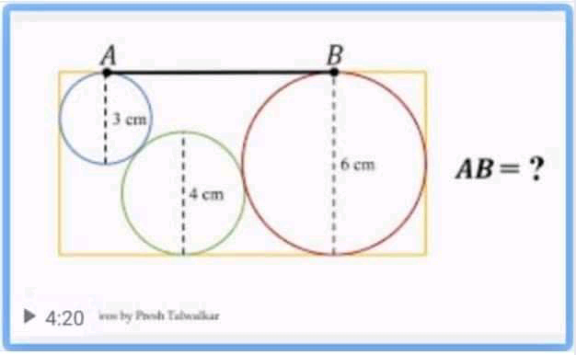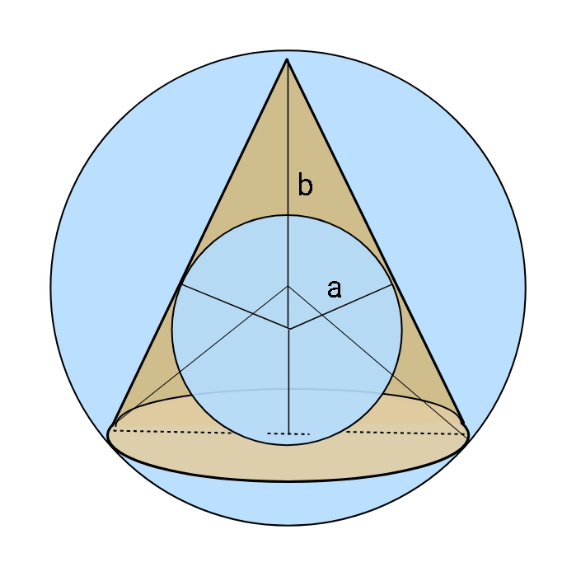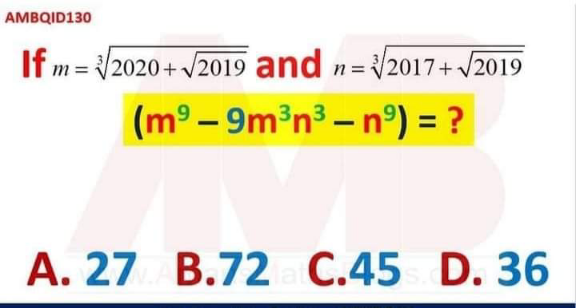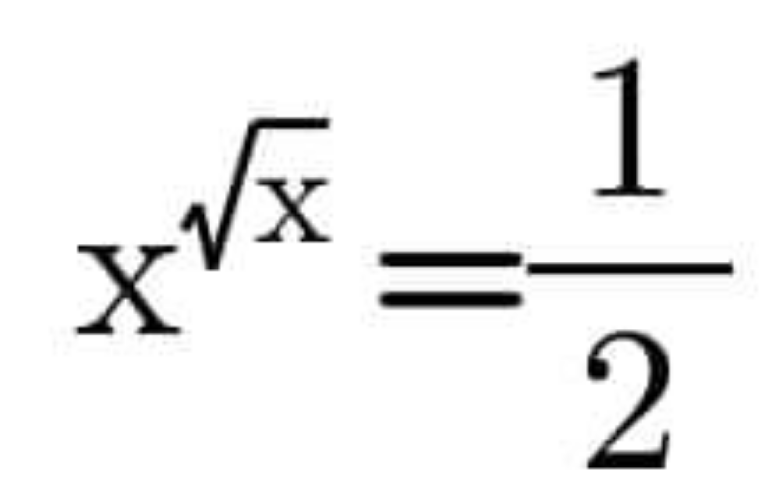
Question and Answers Forum
AllQuestion and Answers: Page 489












Pg 484 Pg 485 Pg 486 Pg 487 Pg 488 Pg 489 Pg 490 Pg 491 Pg 492 Pg 493
|
Question and Answers Forum |
AllQuestion and Answers: Page 489 |

|

|
| solve by series ∫_0 ^( ∞) ((sinx)/x) dx |

|
| Solve by resideo theorem ∫_(−∞) ^( ∞) (z^2 /(z^4 +1)) dz |

|
| Prove, that (a/b) : (c/d) = (a/b) ∙ (d/c) |

|
| ∫_0 ^( 1) (( ln( 1− x ).ln(x ) )/x^( (3/2)) )dx=^? π^( 2) −8ln(2 ) −−− m.n −−− |

|
| ⌊x(x^(2+1) /(x/(10−3^x ))) + x(x^(2+2) /(x/(9−3^x ))) + x(x^(2+3) /(x/(8−3^x ))) +x (x^(2+4) /(x/(7−3^x ))) + x(x^(2+5) /(x/(6−3^x ))) ≥ (1/((25)/x^x^(x ((1/(25)))) ))⌋ {Z.A} |
| ⌊((5/x) + (4/x) + (3/x) + (2/x) + (1/x)) • ((x/1) − (x/2) − (x/3) − (x/4) − (x/5) )^2 > (1/(15))⌋ {za} |
| a_1 =1 a_2 =−1 and a_n =−a_(n−1) −2a_(n−2) Find a_n |
| comment creer un tableau de variation a partir de l′application? |
| If { (( sin ( 3θ ) + cos ( 3θ ) = x)),(( sin( θ ) + cos (θ ) = y)) :} then , find a relationship between x , y indepentent of , θ . |
| Ω = ∫_0 ^( ∞) e^( − (√x) ) .ln ((x)^(1/4) )dx =? −−−−−−−−− |

|
| −−−−−−−−− 1!−2!+3!−4!+5!−…−14!+15!=? −−−−−−−−−−by M.A |

|

|

|
| ∫_(−2) ^2 [x]dx=? |

|

|
| If x^2 +y^2 = 9 , then max value of ((x^3 +y^3 )/(x+y)) |
| ⌊Given positive numbers a,b,c,d⌉ Prove that; ⌊((a^3 +b^3 +c^3 )/(a+b+c)) + ((b^3 +c^3 +d^3 )/(b+c+d)) + ((c^3 +d^3 +a^3 )/(c+d+a)) + ((d^3 +a^3 +b^3 )/(d+a+b)) > a^2 +b^2 +c^2 +d^2 ⌋ |
Pg 484 Pg 485 Pg 486 Pg 487 Pg 488 Pg 489 Pg 490 Pg 491 Pg 492 Pg 493 |